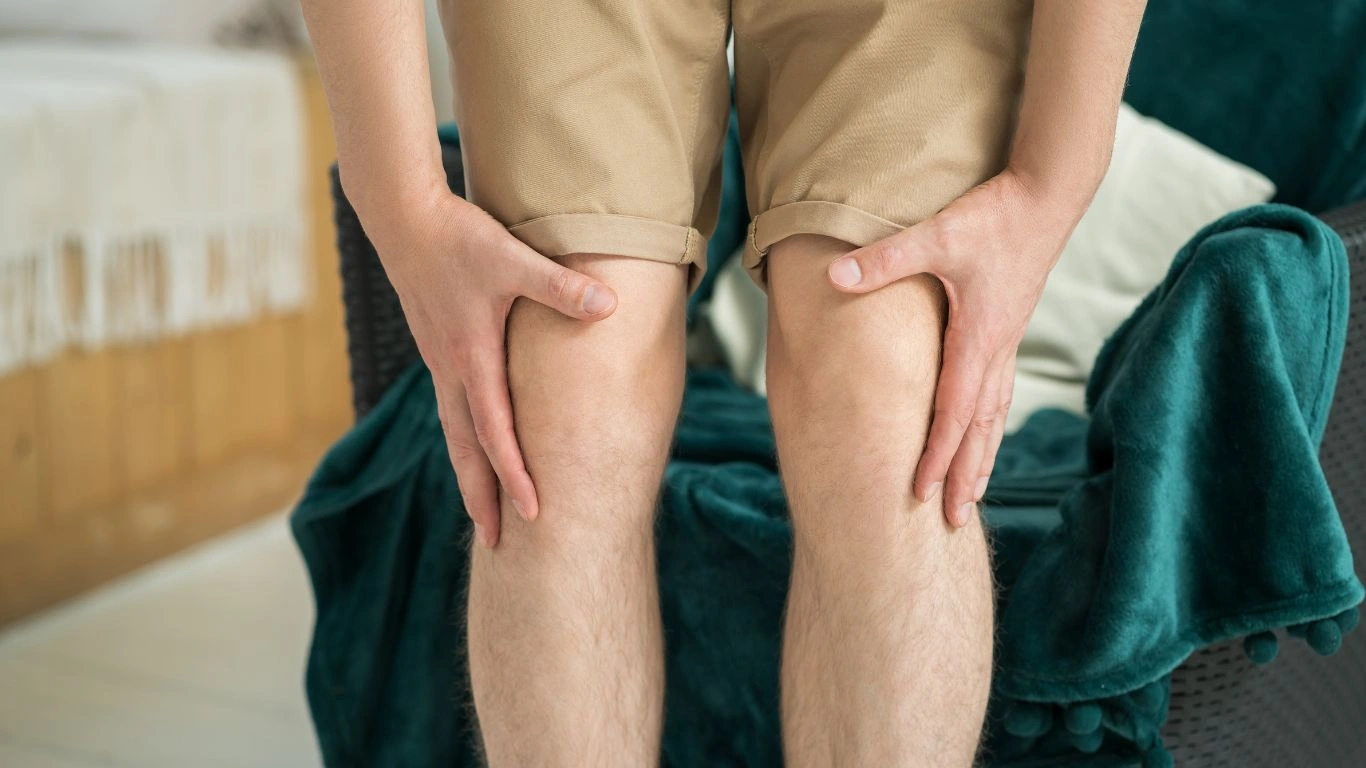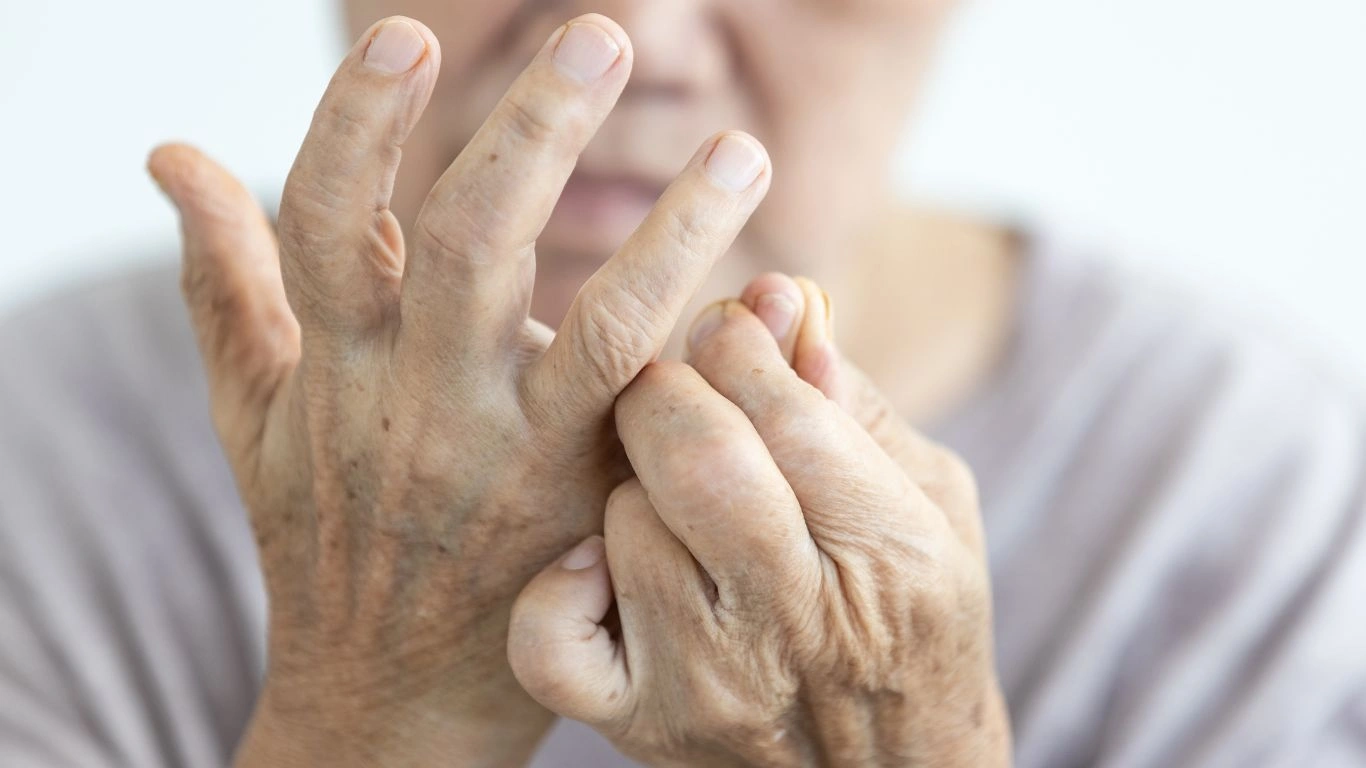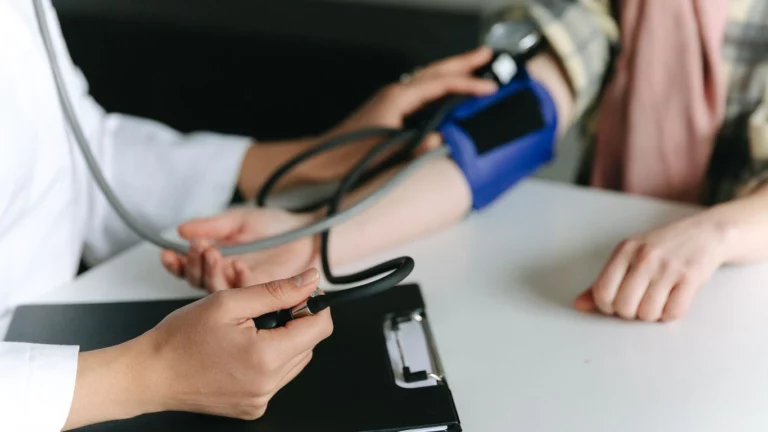How Rheumatoid Arthritis Affects Your Energy Levels 💡 Tips, Solutions & Real Stories
Living with rheumatoid arthritis (RA) can feel like juggling too many balls, all while someone keeps adding more to the pile. If you’ve been wondering why you’re constantly tired, or why you feel like you’ve run a marathon after doing the dishes, you’re not alone. Let’s dive into how rheumatoid arthritis impacts your energy levels and explore ways to manage that constant fatigue like a pro.
What Is Rheumatoid Arthritis (RA)? 🌬️

Before we get into energy levels, let’s quickly cover the basics. Rheumatoid arthritis is an autoimmune condition where your immune system gets a little confused and starts attacking your joints. This can lead to inflammation, pain, and stiffness. Over time, it doesn’t just mess with your joints; it can affect other parts of your body, including your energy.
Why Does RA Drain Your Energy? ⚒️✨

So, why exactly does RA make you feel like you’re running on empty? There are a few culprits:
1. Chronic Inflammation 🔥
RA keeps your immune system on high alert, and that constant inflammation takes a toll. Think of it like leaving your phone’s GPS running all day—it drains the battery, fast.
2. Pain and Discomfort 🛡️
Living with joint pain is exhausting. When your body is constantly coping with discomfort, it’s no wonder you’re wiped out.
3. Poor Sleep 🛏️
Pain and stiffness often lead to restless nights. And let’s be real—anyone would feel like a zombie after tossing and turning all night.
4. Medications 💉
Some RA meds, like steroids or methotrexate, can come with side effects like fatigue. While they’re crucial for managing symptoms, they can also contribute to feeling drained.
5. Mental Load 🎨
Dealing with a chronic illness isn’t just physically exhausting; it’s emotionally draining too. Stress, anxiety, and even depression can sneak in and zap your energy further.
Troubleshooting Common Issues ⚡

Now that we know why RA messes with your energy, let’s talk about what you can do about it. Here are some common issues and practical tips to help you feel more like yourself:
Problem: Struggling to Get Out of Bed in the Morning 🛌
Solution: Start your day with gentle stretches in bed to loosen stiff joints. Follow up with a warm shower to ease any remaining stiffness. Try to keep a consistent wake-up schedule, even on weekends.
Problem: Midday Energy Crash ⏳
Solution: Plan your day around your energy levels. If you feel most alert in the morning, tackle important tasks then. Don’t underestimate the power of a short nap—20 minutes can work wonders.
Problem: Feeling Overwhelmed by Fatigue 🤯
Solution: Prioritize self-care and don’t be afraid to ask for help. Whether it’s delegating chores or saying “no” to extra commitments, give yourself permission to take it easy.
Real-Life Case Studies / Success Stories 🙌

Hearing how others manage RA-related fatigue can be super inspiring. Here are a couple of stories:
Case Study 1: Sarah’s “Energy Budget”
Sarah, a 39-year-old teacher with RA, uses an “energy budget” to manage her fatigue. She tracks how much energy tasks take and plans her week accordingly. By scheduling rest breaks and delegating household chores, she’s been able to regain control of her days.
Case Study 2: John’s Focus on Nutrition 🍎
John, 52, found that improving his diet had a huge impact on his energy levels. By incorporating anti-inflammatory foods like salmon, spinach, and turmeric, he noticed a big improvement in how he felt day-to-day.
Key Takeaways / Summary ✉️
- Fatigue is common in RA and can stem from inflammation, poor sleep, pain, and medications.
- Practical tips like pacing yourself, improving sleep hygiene, and eating anti-inflammatory foods can help.
- You’re not alone—many people with RA face similar challenges, and there’s hope for managing your energy levels.
FAQs 🔎
Q: Can exercise help with RA fatigue?
A: Absolutely! Low-impact activities like swimming, yoga, or walking can boost energy without overloading your joints.
Q: Are there supplements that help with RA fatigue?
A: Omega-3s, vitamin D, and magnesium are often recommended, but always talk to your doctor before starting any supplements.
Q: How do I talk to my family about my fatigue?
A: Be honest and specific. Let them know what you’re feeling and how they can support you. For example, “I’m feeling really tired today; could you help with dinner?”
References (No-follow)
- Arthritis Foundation. (2023). Managing RA Fatigue.
- Mayo Clinic. (2023). Rheumatoid Arthritis Symptoms and Causes.
Disclaimer ⚠️
I’m not a doctor—just someone who’s spent a lot of time learning about RA and living with it. Always consult your healthcare provider for advice tailored to your situation.
Call to Action 🌿
Living with RA is tough, but you don’t have to do it alone. If you’re looking for more tips, support, or just someone who gets it, let’s connect! Share your experiences, ask questions, or drop your favorite fatigue-fighting tip in the comments. Together, we’ve got this.





